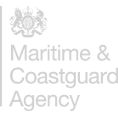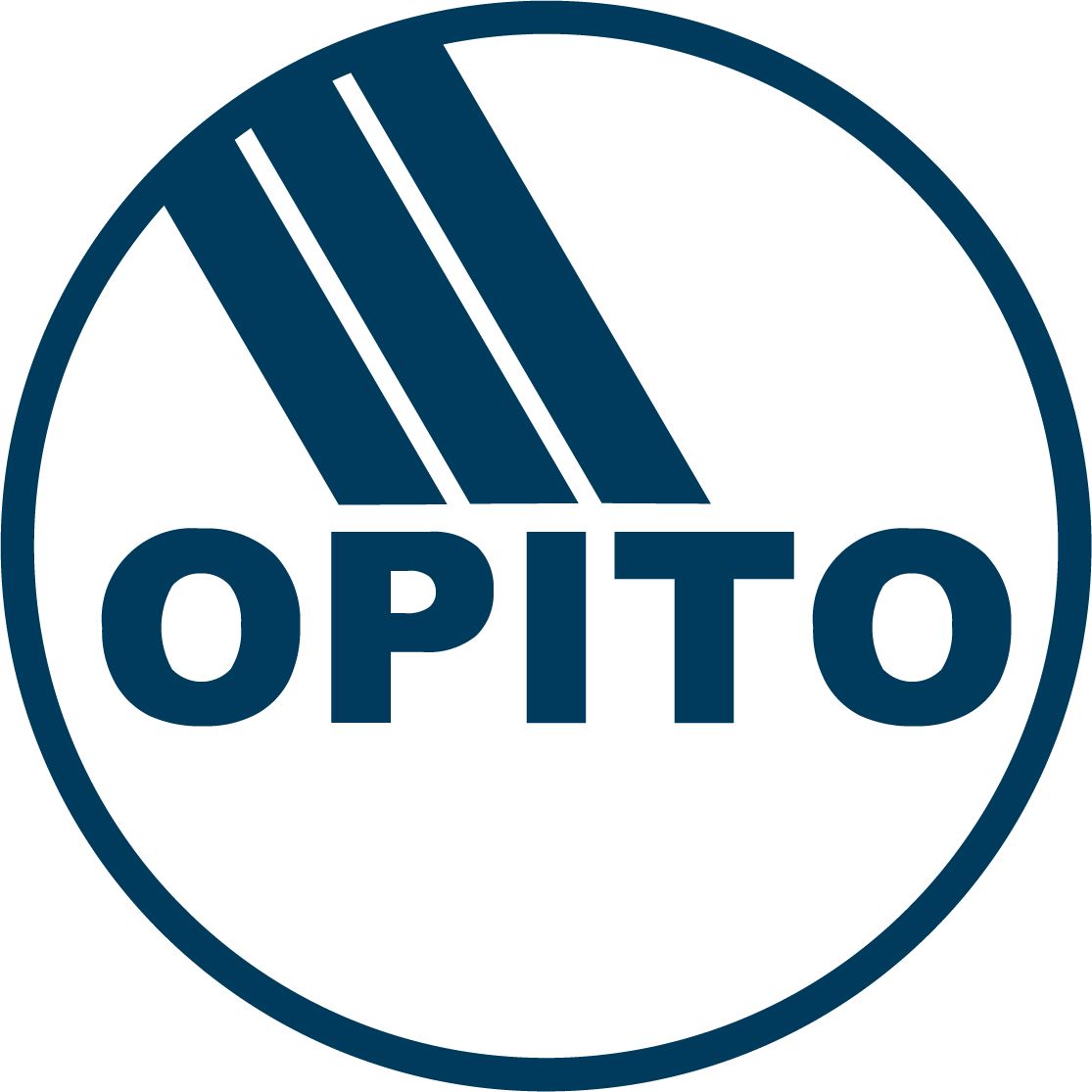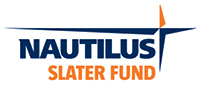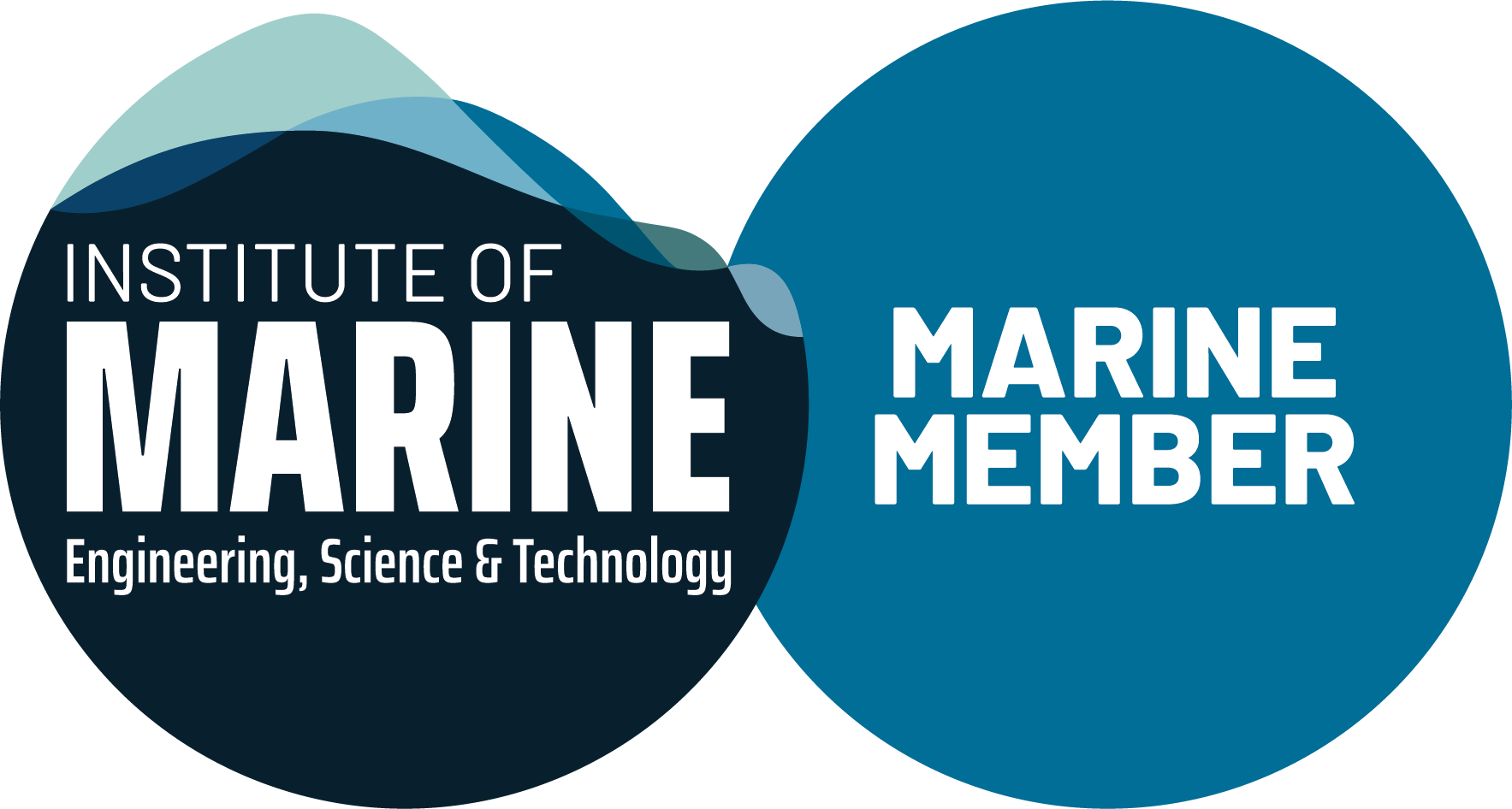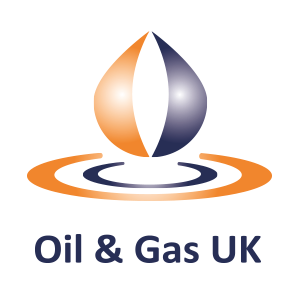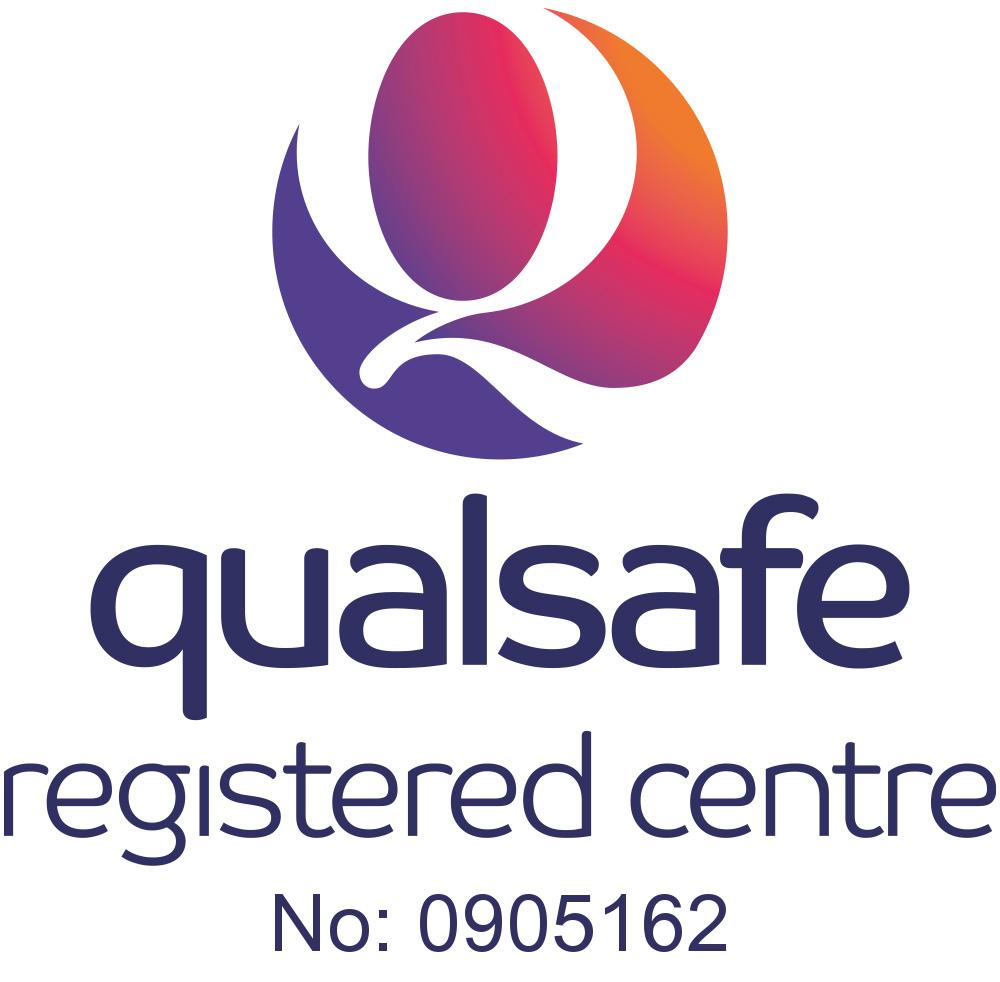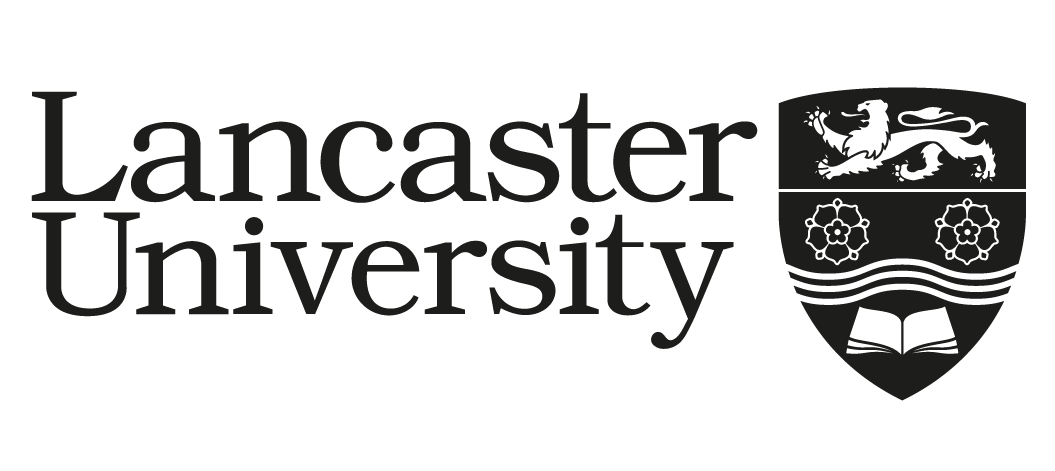Maritime Operations Management (Nautical Science) - BSC Hons Degree (Top Up)
Course Code: MH1HE78
Maritime & Nautical
Next course dates
Course Overview
This BSc (Hons) top-up in Maritime Operations Management will enable you to develop the essential knowledge and skills to prepare you for future success in the maritime industry. Developed in line with the UK’s Department for Transport (DfT) Maritime 2050 Report, this programme is industry relevant, future-focused and through continuous engagement with industry partnerships, the programme will remain industry specific and of high quality.
About the programme
The programme is aimed at those who have already completed the STCW-aligned Foundation Degree. The programme explores the maritime industry from a holistic perspective and is designed to develop the necessary knowledge and skills that will prepare graduates for current and future career opportunities, both at sea and ashore.
Enrolling with an HND/Advanced Diploma
Students who are enrolling onto the programme with a Higher National Diploma/Advanced Diploma will need to complete a pre-entry bridging module prior to the course commencement, which will be delivered remotely. This module is also strongly recommended for Foundation Degree students wishing to further develop their academic abilities prior to course commencement. You can find out more about the bridging module here.
Course content
The programme comprises four modules weighted at twenty credits each, focusing on Digital Ship Management, Green Ship Management, the Management of Maritime Projects and a twenty-credit module focusing on future technologies aligned to your pathway. Finally, there will be a forty-credit dissertation which will be based on a subject of your choice, linked to your pathway and career aspirations.
Mode of study
The first term is delivered on campus in Fleetwood, with the rest of the programme delivered remotely. We will endeavour to make your academic experience as enjoyable and engaging as possible. Our facilities at Fleetwood Nautical Campus and our Virtual Learning Environment will be available to you throughout this programme, ensuring that you have every opportunity to achieve your optimum outcome.
For more information, contact our team by email at maritime@blackpool.ac.uk
Funding
There are a range of potential funding options available to you:
- You can apply for Tuition fee loans via the Government student finance: https://www.gov.uk/student-finance/new-fulltime-students
Sponsorship from your employer
Scholarship opportunities, such as the Marine Society Worcester Scholarship: https://www.marine-society.org/worcester-scholarship
- As an active student you can also become a student member of the Institute of Marine Engineering, Science and Technology (IMarEST). This offers benefits such as Awards, Funding, Sponsorship, Scholarships and bursaries: https://www.imarest.org/funding
Entry Requirements
Entrants onto the programme will have successfully completed the STCW-aligned Foundation Degree or Advanced Diploma/Higher National Diploma at a UK Maritime Academy.
Admission with an Advanced Diploma/Higher National Diploma
Applicants enrolling onto the programme with an Advanced Diploma/Higher National Diploma will be required to undertake a three-week pre-entry bridging module prior to the course commencement, which will be delivered via blended learning. Entry to the BSc programme is conditional upon passing this module. If this applies, please go to https://fleetwoodnautical.blackpool.ac.uk/course/mh1he83
Qualification Obtained
BSc (Hons) Maritime Operations Management (Nautical Science)
Assessment Methods
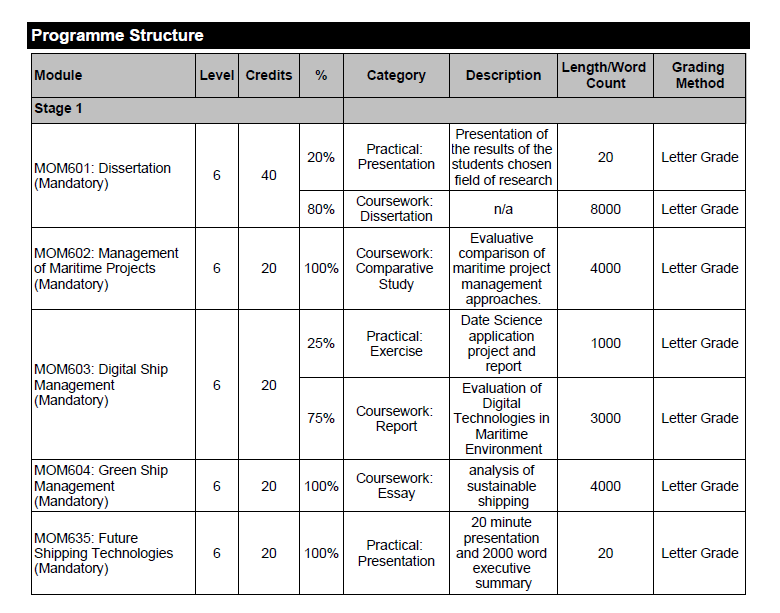
Teaching and Learning Methods
The BSc Maritime Operations Management offers a flexible blended approach to your studies.
You will attend Fleetwood Nautical Campus for the first term where all learning and teaching sessions will be face-to-face with module specialists and your peers. The subsequent two terms you will complete via remote learning. You will not be expected to attend any further face-to-face sessions and your assessments will be submitted online. In support of your dissertation you will have remote virtual supervision in term 3 concluding with your dissertation and presentation.
The programme will be delivered on a module basis and contain a variety of relevant topics. You will experience the mandatory modules alongside your peers from all three of the pathways.
Sessions are delivered through a variety of interactive methods appropriate to module content, technical requirements and your personal progression and development. Whilst attending the campus, the programme will be delivered using a range of methods, including lecturers, tutor-led whole group discussions, student presentations, technical workshops, group work, group and individual research and seminars.
Your tutors will orient the learning and teaching activities towards industry-specific examples and you will have the opportunity to engage with relevant contemporary research. The pathway-specific modules will give you subject-specific detail to support chosen career path, further embedding the development of technical skills. You will be allocated a supervisor for your dissertation and together you will develop work-based research in your chosen field, promoting independent learning and self-reliance.
Term two learning and teaching activities will move online for the remainder of the taught modules before dissertation supervision is offered, enabling you to study at your own pace in line with work requirements. You will have a plethora of opportunities to collaborate with your on-site learning peers to further explore concepts and ideas via the video conferencing and online learning platforms. Virtual learning sessions may also be recorded to allow consolidation of ideas and for you to identify further opportunities for collaboration or research. You will always have open access to our electronic online learning and teaching resources.
Industry Placement and Field Trips
This is an industry-focused programme which builds on the industrial experience undertaken during level 4 and 5 studies. All learning, teaching and assessment activities will relate directly to your role and you are encouraged to use examples from your workplace wherever possible. Research undertaken during this programme will relate to current, emerging or future operations across the maritime sector enabling you to develop by building on your current and past experiences.
Although current experience in the industry will provide you with greater opportunities during your dissertation module, this is not an integral aspect of the programme, as examples and case studies of workplaces and employment will be embedded throughout all modules. Therefore, whilst predominantly designed for those still working in the maritime sector, it is accessible for students who have previously completed the relevant level 5 programme but who no longer work at sea.
Other Costs and Equipment Needed
You will have the opportunity to gain free student membership whilst on the programme. This will provide access to a range of industry-focused resources including e-books, journals, peer-reviewed research papers, special interest groups and webinars focused on emerging technologies across the maritime sector.
You will have access to a large range of resources via the Learning Resource Centre. However, you may wish to purchase additional study materials in order to further support your studies.
Expert Tutors
All staff involved in the delivery of any courses within the College are approved to teach and/or assess the subjects and modules they deliver. The approval process ensures that staff delivering and/or assessing a given programme are appropriately qualified, with relevant technical and industrial experience and professional practice.
Tuition Fees
Read our tuition fees guide.
Regulation and Accreditation
Accrediting Institution: N/A
Terms and Conditions
Read our full terms and conditions for more information.



